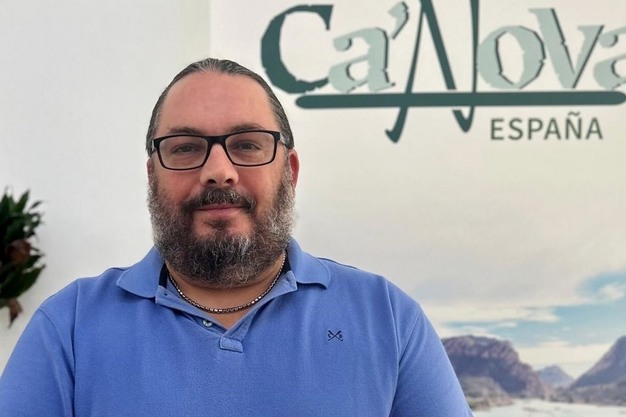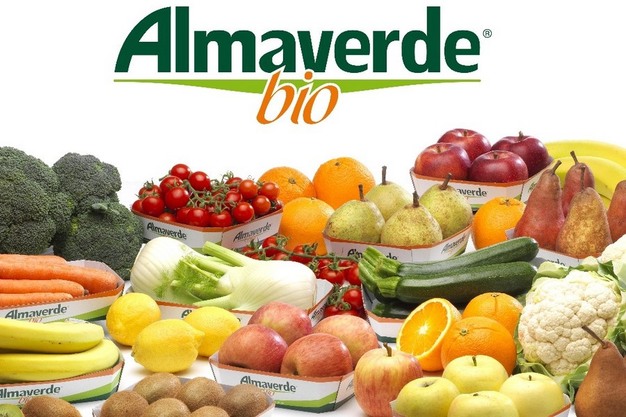Organic agriculture is still popular in Spain, Italy, and Portugal, although the former is more of a producer than a consumer. Conventional production techniques are gradually becoming more and more similar to organic ones due to the demands of the Common Agricultural Policy and supermarket chains. Biodynamic cultivation, for some, the new organic, is now also part of the equation.
In this regard, "it should be said that biodynamic cultivation is based on a private certification for more fanatical consumers. If it were really so effective to bury a cow horn in the plantation, the big companies would be doing it. As an agronomist, I don't think biodynamic production has a solid scientific basis, but as a brand, it does have its audience," says Carlos Soto, managing director of Canova.
 © Canova
© Canova
"Before the pandemic, some supermarkets started showing an interest in biodynamic consumption. That's when we lost our share as organic producers. At that time, I think there was a problem in Spain because many hectares were quickly certified, and it was a strange process," says the manager.
"Fundamentally, we work with organic products in Spain, Italy, and Portugal, because there are people who value their philosophy. I believe that purchasing power is a very relative thing; some consumers buy organic because it is an essential part of their diet."
But prices still have a lot of weight in purchasing decisions. "The reality is that we are under huge pressure from retail chains, which want to buy organic products at the same price as conventional ones. They shouldn't necessarily have to be more expensive, but for the time being, it is very hard to avoid it because we can't use the same herbicides or pesticides," says Soto.
 © Canova
© Canova
"Five active ingredients, a false security".
As far as restrictions on phytosanitary products are concerned, the manager says: "I think it is a mistake to accept only fruit and vegetables with five active ingredients, because what needs to be considered is the interaction between them. This creates a false sense of security," says Soto.
Supermarkets "Have very strict and, I would say, even too radical regulations. At one time, they demonized conventional products, and now they are taking organic products off the shelves because the price is too high. Today, it seems that their priority is to position themselves as the cheapest on the market, not the healthiest," says the manager.
"Morocco is producing more and more organic products, and most of them are grown by Spanish companies that have set up their own facilities in the country, but their prices are not cheaper. Prices reflect what the customer is willing to pay, not what the goods cost to produce, which would be the right thing to do," says the manager.
The overlapping of different productions or the hail damage on stone fruit this season "Has taken a bigger toll on organic than on conventional products, because the fruit can't be sold to any distributor. And when there are losses, they are much more remarkable because our plantations already suffer the impact of pests, in any case."
To guarantee continuity, "it is essential to work with as many different sources as possible. This year, we have been more focused on our stone fruit growers in Italy. In a situation like this, it's very convenient to be a cooperative and be better prepared to endure all the weather-related ups and downs," says the manager.
Canova is an organic produce cooperative working in Spain, Italy, and Portugal.
For more information:
Carlos Soto
Canova
Tel.: +34 620 62 27 41
[email protected]
www.canova.es
